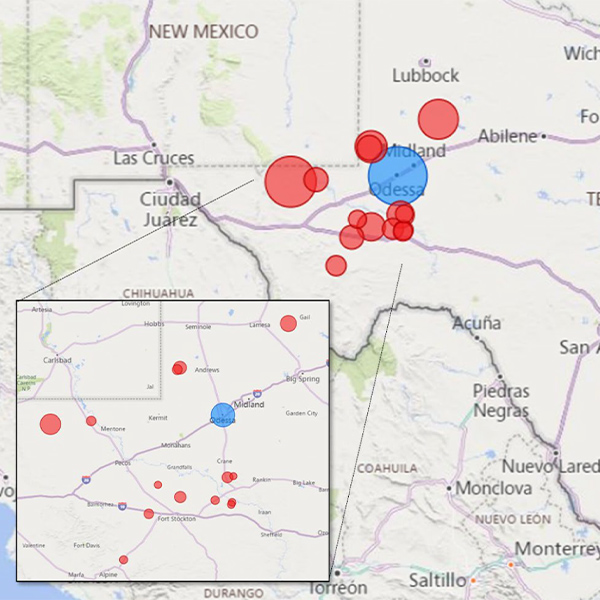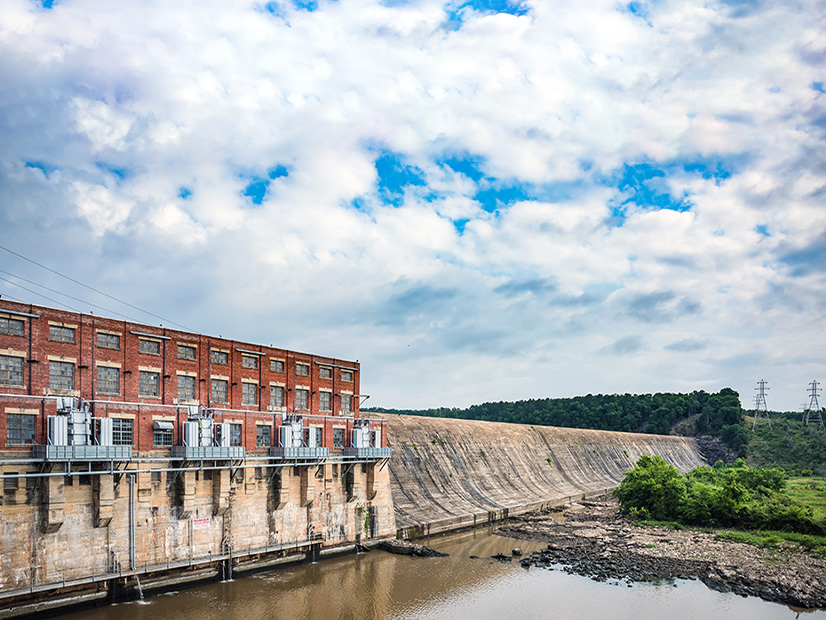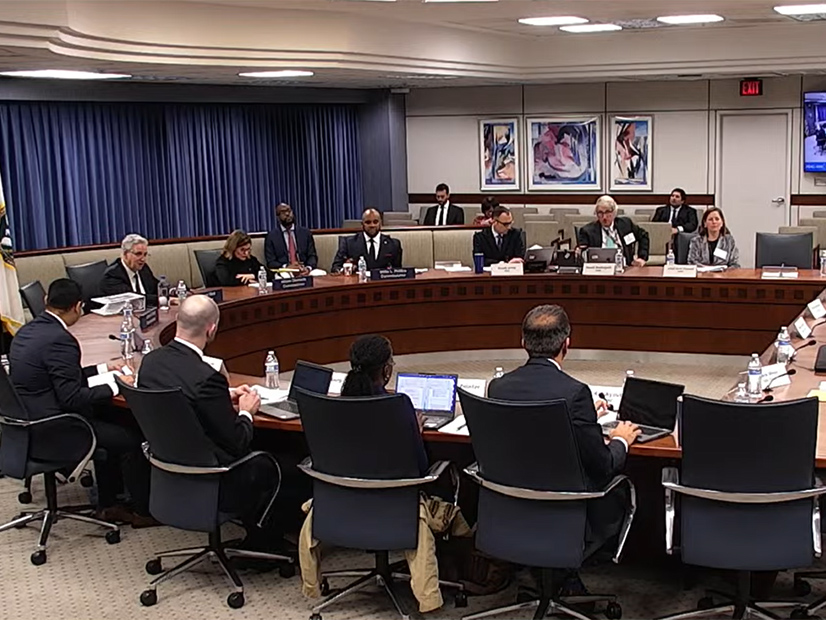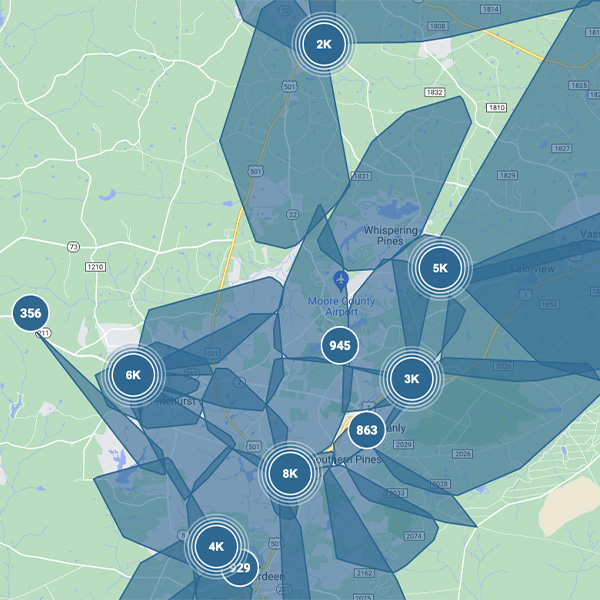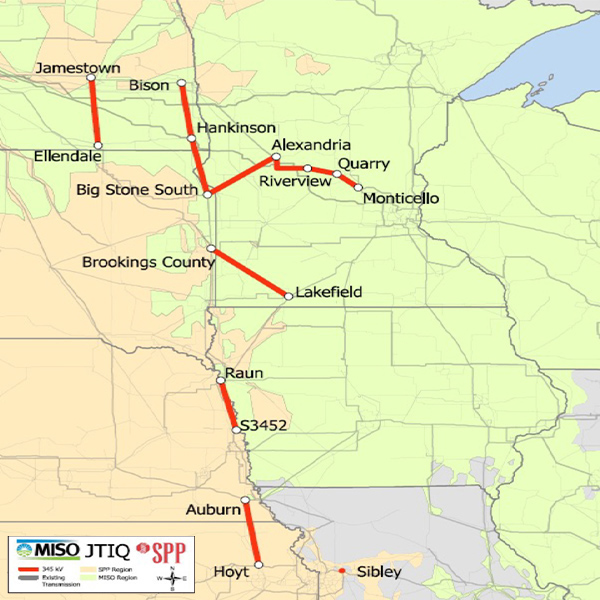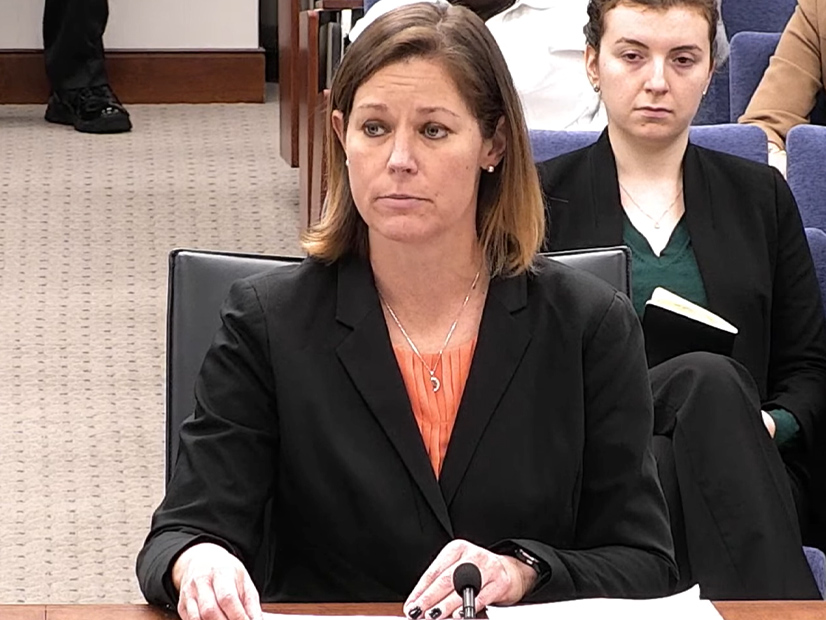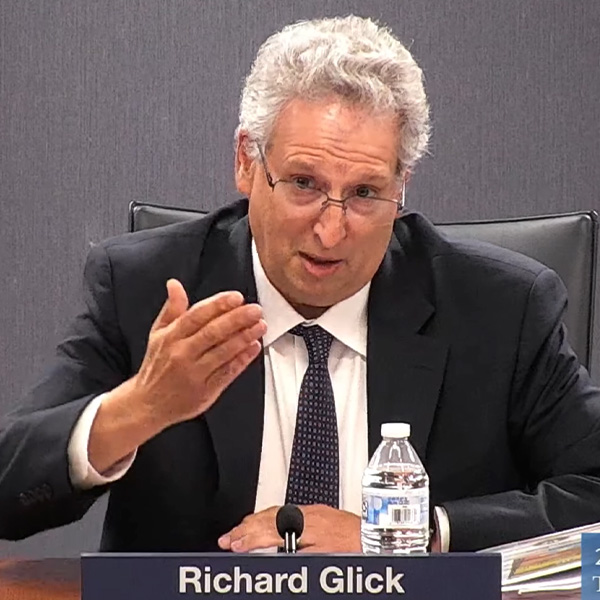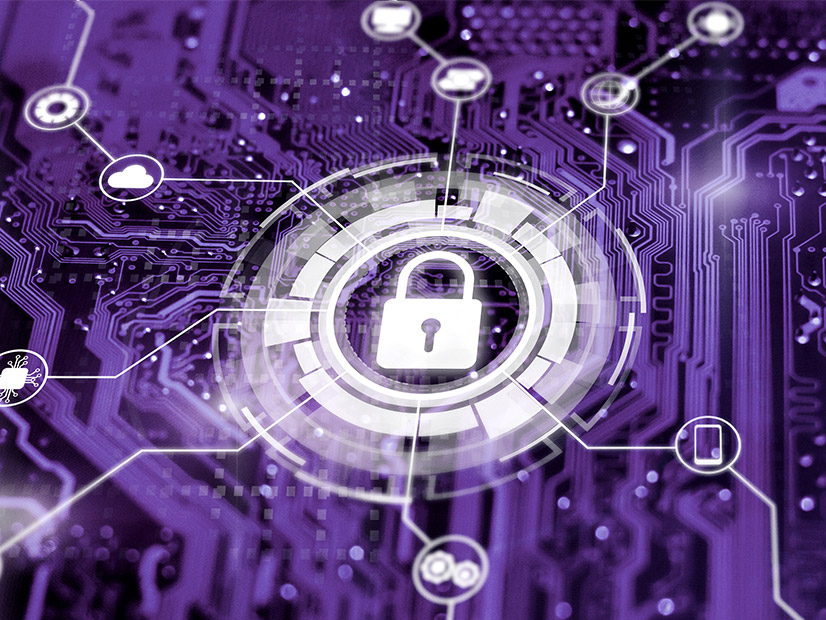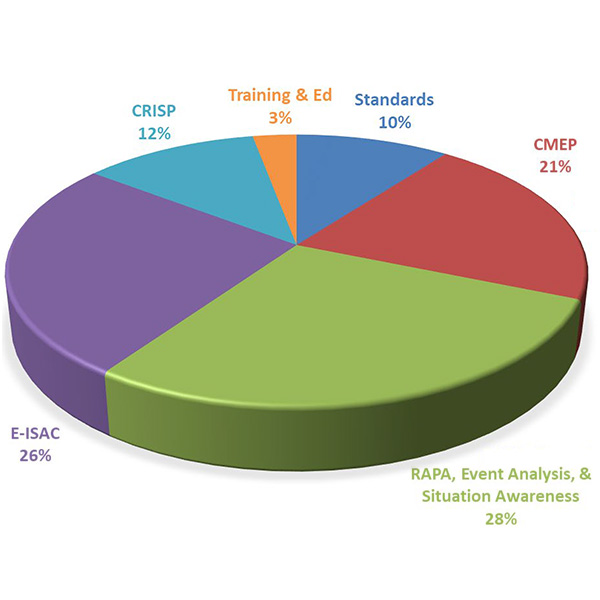FERC & Federal
The Federal Energy Regulatory Commission is an independent regulatory agency that oversees the transmission of electricity, natural gas and oil in interstate commerce, as well as regulating hydroelectric dams and natural gas facilities.
Addressing the performance of inverter-based resources is “paramount” following yet another IBR-related service disruption, NERC and Texas RE said.
Duke Energy has restored power to 45,000 customers in Moore County, N.C., where two substations were damaged by unknown attackers with rifles last weekend.
Supply chain threats have evolved since FERC directed NERC to develop standards covering them, but there's no consensus on whether they should be updated.

DangApricot, CC BY-SA-3.0, via Wikimedia
FERC approved a $700,000 penalty on FirstEnergy as part of a settlement with ReliabilityFirst for violations of facility ratings standards.
More than 33,000 customers remain without power in Moore County, N.C., following apparent attacks on two of Duke Energy’s substations over the weekend.
DOE invited applications for $6 billion in funding to improve the grid, part of the largest federal investment ever in transmission and distribution.
At its open meeting, FERC significantly advanced NERC’s remit to address the challenges posed by the growth of renewables on the bulk electric system.
At FERC’s annual reliability technical conference, commissioners focused on work needed to prepare the bulk power system for rapidly developing challenges.
NERC and the REs expressed support for FERC's proposal to incentivize voluntary cybersecurity investments, while urging it to also build on existing standards.
The commission ordered the ERO to submit an array of additional information on costs related to the E-ISAC in its 2023 budget.
Want more? Advanced Search
